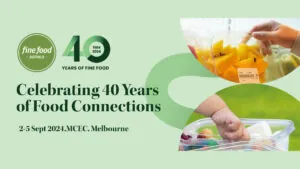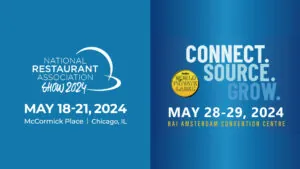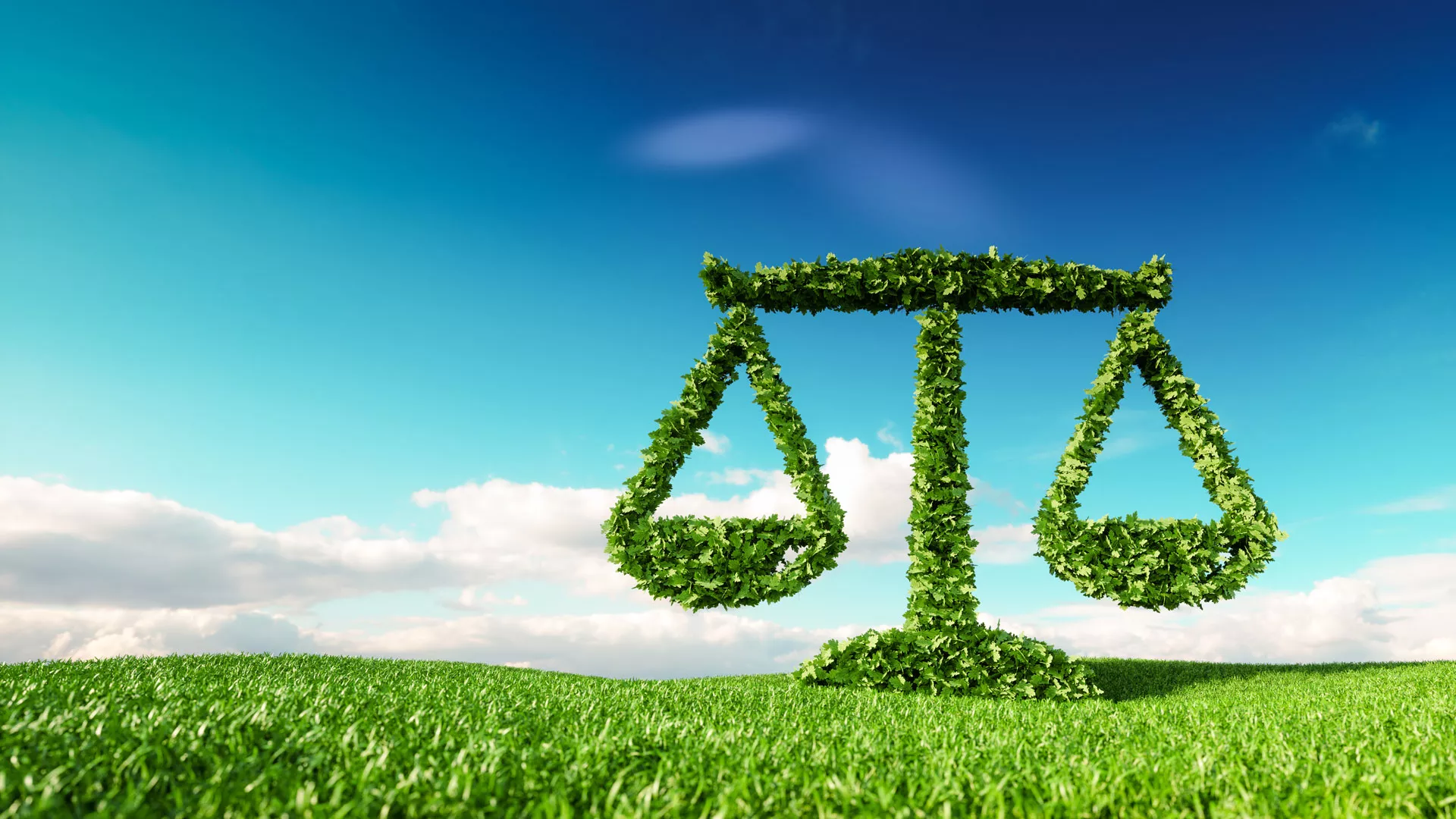
Making plastic food packaging manufacturers pay for the cost of recycling and disposal of waste is becoming an urgent global problem for the food industry and manufacturers of food packaging supplying convenience stores and supermarkets.
Current Trends in US Food Packaging Waste Legislation
Maine and Oregon are looking to charge manufacturers for the costs of disposal of food packaging waste. The trend to charge producers for the cost of recycling and disposal makes it essential for food packaging companies to look for the most easily recycled or biodegradable packaging options.
In Maine legislators are including targets for recycling of waste and it is expected that other US States will soon follow. California, Hawaii, Maryland, Massachusetts, New York and Washington are all currently considering implementing similar proposals to deal with the increasing problem of plastic pollution.
European Food Packaging Waste Legislation
Single Use Plastics Ban
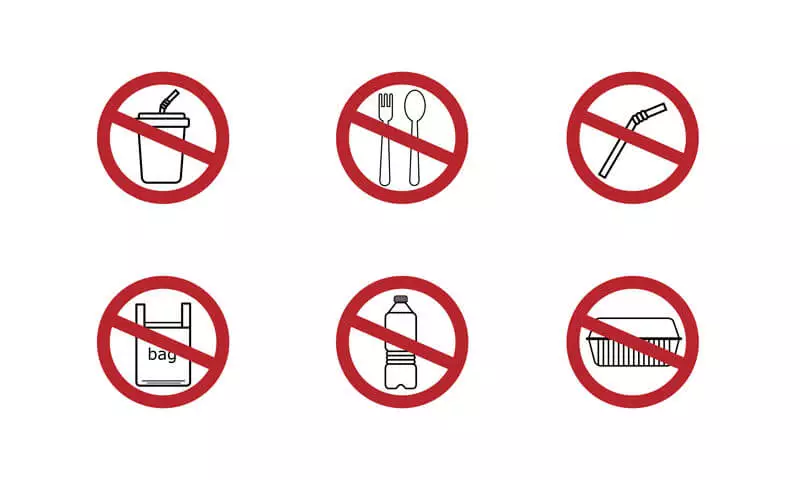
The EU has had legislation in place across member countries to control food packaging waste for 20 years. This varies from country to country and has become increasingly strict, leading to the recent ban on single use plastics that came into force this year.
The ban on single use plastics has forced food producers and retailers to switch to environmentally friendly and reusable alternatives including single use products made from non-plastics.
Weight of Packaging Used To Calculate Costs
Most legislation in the EU focuses on the proportion of packaging weight to the total weight of the product. This means that reducing packaging volume and the quantity of plastic used can make a significant difference to the cost to manufacturers and retailers. Technology to reduce the weight of containers without compromising on strength and function has become very important in driving down costs.
Recycling Targets
Targets for recyclability vary across the EU, with most countries requiring recycling rates of between 30% and 45% for packaging waste. The higher the recycling rate and the higher the proportion of recycled materials in packaging the lower the cost to the producer.
Biodegradable Packaging
In the EU most countries have set targets for reducing landfill waste, and in some cases have banned non-biodegradable plastics being put into landfill. There is usually a reduction in targets or exemption for genuinely biodegradable plastics, making these an attractive alternative.
UK Uses A Producer Pays System
The UK uses a system which records the proportion of packaging waste generated by manufacturers and producers and charges them for the cost of an equivalent proportion of the cost of waste disposal. This is similar to EU wide legislation for the disposal and recycling of electronic goods and it is likely other EU countries may adopt this model.
Plastic Packaging Waste In South East Asia

The United Nations Environment Programme has released a publication The role of packaging regulations and standards in driving the circular economy, which describes packaging waste management and legislation in ASEAN countries. The UN sees waste management as a way of both reducing environmental impact and building economic growth.
Japan is a world leader in environmental regulations for food packaging and other waste management, with comprehensive rules governing a wide range of environmental protections based on principles of ‘cycle, harmonious coexistence, participation, and international activities’ that were adopted into legislation in 1994.
ASEAN countries are following the lead of Japan. Demand for packaging that reduces waste, is recyclable or biodegradable is increasing steadily. This is partly because of the rising global awareness of unsustainable waste management practices in the region and consumers preferring to buy products that demonstrate environmental responsibility.
How South Plastic Helps You Meet Legislation Requirements
At South Plastic we have focused our long experience as a major food packaging manufacturer to address the main issues that are the foundations of waste management legislation.
- Reducing Packaging Weight
- Increasing Recyclability
- Truly Biodegradable Packaging
We look at how waste management pricing is implemented for food manufacturers and packaging waste producers and offer a range of products and technologies that minimise environmental impact in the most cost-effective way for our customers.
Reducing Packaging Weight
Packaging designs that reduce the weight of food packaging without affecting strength, stacking and ease of transport are a way of cutting the costs of compliance. South Plastic has achieved weight savings of 7% for our customers without affecting performance by modifying designs to reduce the amount of plastic needed to manufacture them.
Increasing Recyclability
Many food packaging products are difficult to recycle, but there are alternative plastics and formulations that can be used to increase the recyclability of food packaging. At South Plastic we offer our range of food packaging containers in fully recyclable PP as a sensible alternative to less environmentally friendly plastics.
Truly Biodegradable Packaging
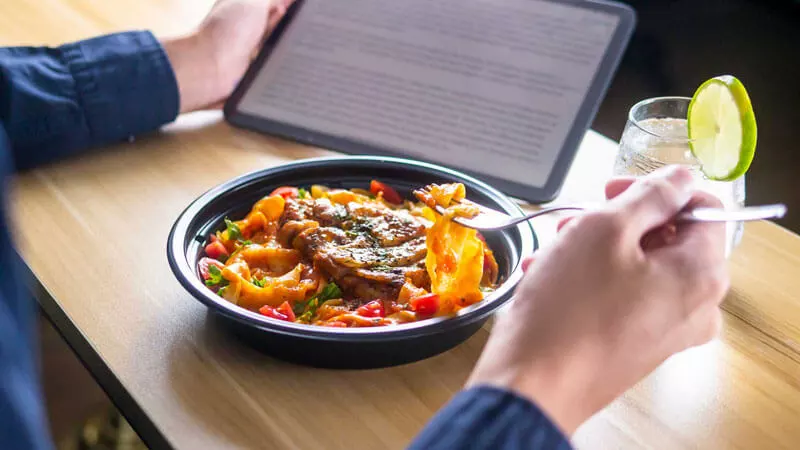
There is a strong focus on biodegradable plastics in current food packaging designs and many manufacturers have been quick to label their products as biodegradable without conforming to genuine certification standards. South Plastic is committed to a truly biodegradable solution.
Many biodegradable plastics have been identified by the UN and Greenpeace as not being environmentally friendly. Some plastics labelled as biodegradable require special treatments and processing and create microplastics that are harmful to the environment. Many biodegradable plastics do not have the strength or performance of non-biodegradable plastics.
South Plastic has entered into a partnership with the UK biodegradable plastics specialists Polymateria to manufacture truly biodegradable plastic food packaging in Taiwan. Unlike other plastics labelled as biodegradable, our Cycle+ packaging range breaks down in landfill into harmless substances without producing microplastics and without requiring special treatment.
Cycle+ uses advanced Biotransformation™ technology to make standard plastics fully biodegradable without compromising their strength or visual appeal to consumers. Our plastic packaging can be programmed to have a shelf life of 2 years before an enzyme added to the batch formula causes it to break down naturally. An added benefit is that until this time plastics that have been treated with Biotransformation™ technology can be recycled like any other plastic.
Contact us to discover how we can help you respond to the challenges of legislation and protect the environment in a cost effective and sustainable way.


